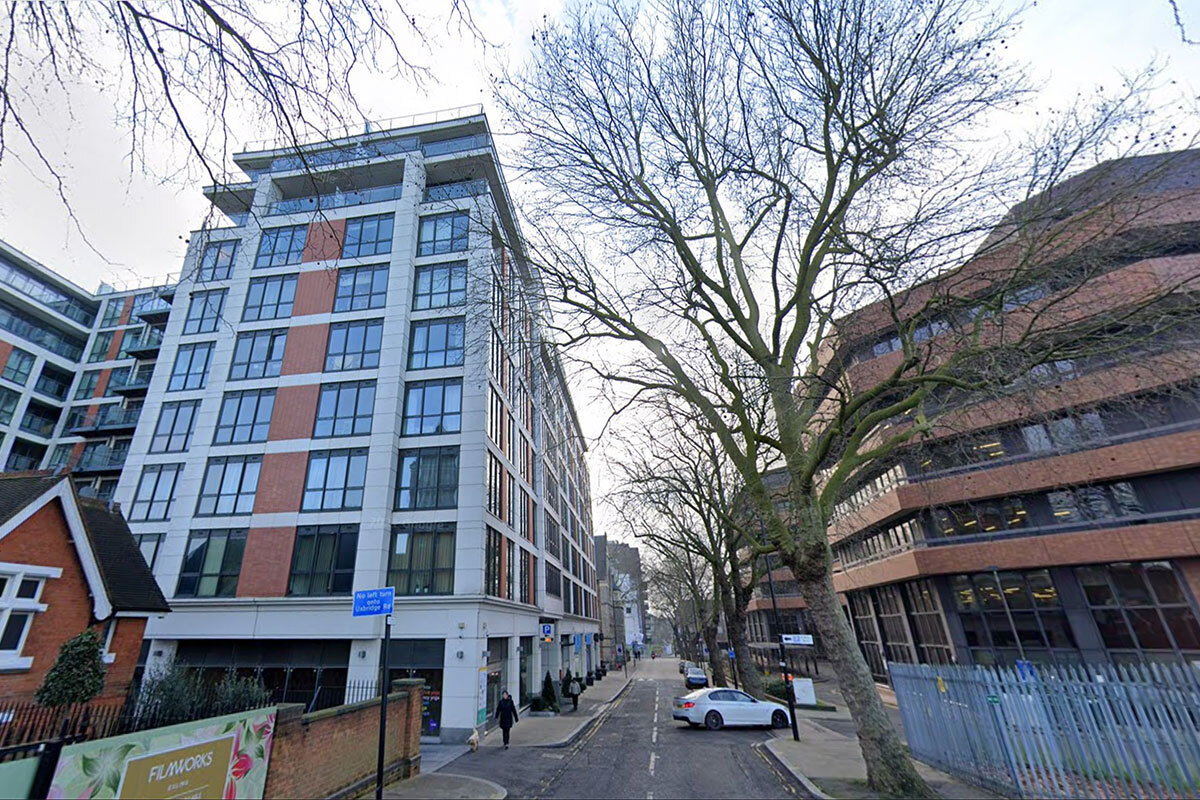You are viewing 1 of your 1 free articles
Peabody tenant wins tribunal battle over ‘excessive’ service charge
A tenant has won a tribunal battle against Peabody over a rise in her service charge that was driven by the cost of the block’s managing agent.
Carole Welstead’s dispute against Peabody, which lasted nearly two years, ended in victory for the resident after a first-tier tribunal (FTT) concluded that her management charge was “excessive” and threw out the housing association’s appeal.
Ms Welstead has been a secure tenant at her flat in Apsley House in Ealing, west London, since May 2013. She was a Catalyst housing association tenant until the organisation merged with Peabody in April 2023, after which Peabody continued to pursue the dispute.
In February 2022, Catalyst told Ms Welstead that her fixed service charge would increase by 31%, from £34.45 to £45.06 per week.
Within this service charge, £30.88 a week was billed to cover the cost of the block’s managing agent, up 42% from the £21.74 she had been charged the previous year.
The following month, Ms Welstead referred the proposed service charge rise to the FTT. She wrote: “While it is appreciated that the cost of living (inc. heating) has affected everyone during the pandemic, it is unclear how and why service charges should be so significantly increased at this time.”
She added that her building “has seen no improvements (at all) in the time I have lived here” and the standard of service she received was “well below” that seen in private buildings on the site.
In October 2022, the FTT decided that Ms Welstead’s total service charge should be reduced to £39 per week, based on a reduction in the management charge. It said that the cost of the managing agent “appeared to be excessive” at £30.88 per week.
“Even assuming that the charge includes the out-of-hours service which is provided, the charge is much higher than would be paid in the market for management services,” the FTT added.
Peabody appealed the FTT’s decision on three grounds. The first was Catalyst did not get the chance to address the issue of the managing agent fee. The second was the FTT based its decision on evidence that was not specific enough for a response. The final ground was the tribunal had failed to give adequate reasons for its decision to lower the management charge.
However, Martin Rodger KC dismissed Peabody’s appeal last month on all three counts. He said it was “impossible to suggest that it was not obvious” why Ms Welstead was concerned about the make-up of the service charge.
He continued: “It is therefore difficult to take seriously the suggestion that Catalyst was not put on notice well in advance of the hearing, and before it prepared its own case, that it was being asked by Ms Welstead to explain and justify the substantial increase in service charges.”
Mr Rodger reiterated that the decision to lower the service charge was taken because it was “much higher than would be paid in the market for management services”. The FTT did not base its decision on individual buildings but on its general knowledge of management charges.
A spokesperson for Peabody said: “We don’t make any profit on service charges, and we do all we can to ensure they accurately reflect day-to-day running costs and are reasonable.
“Service charges increase when the cost of delivering services goes up. It’s really important residents understand what they’re paying for and how their service charges are calculated. But on this occasion, it wasn’t made clear enough.
"We’ve made lots of changes to the information we give residents, so they can better understand any increase and know where their money is going.”
Sign up for our tenancy management newsletter
Already have an account? Click here to manage your newsletters












